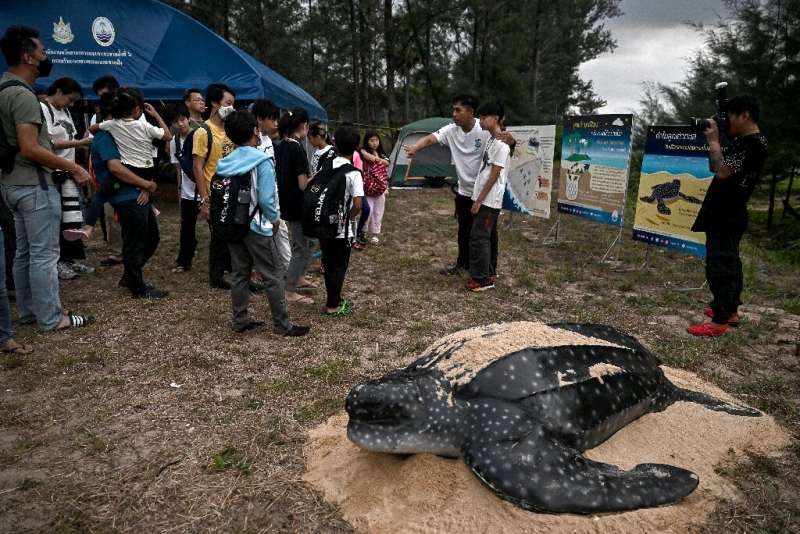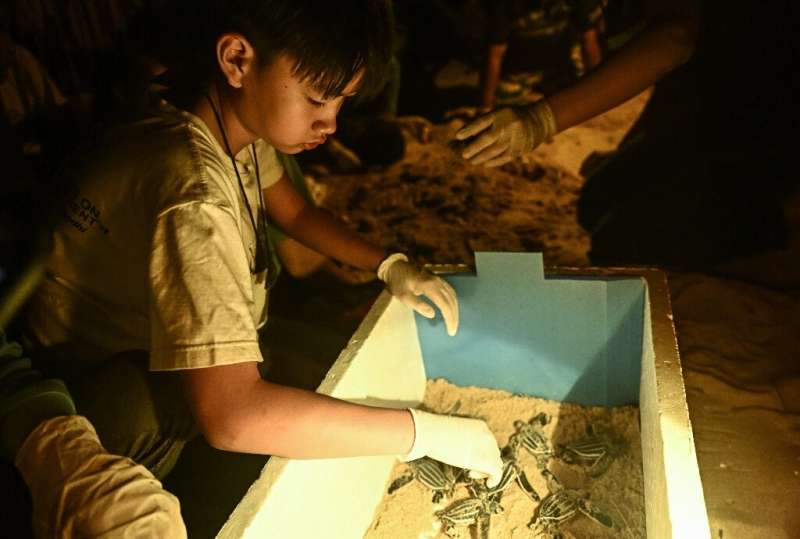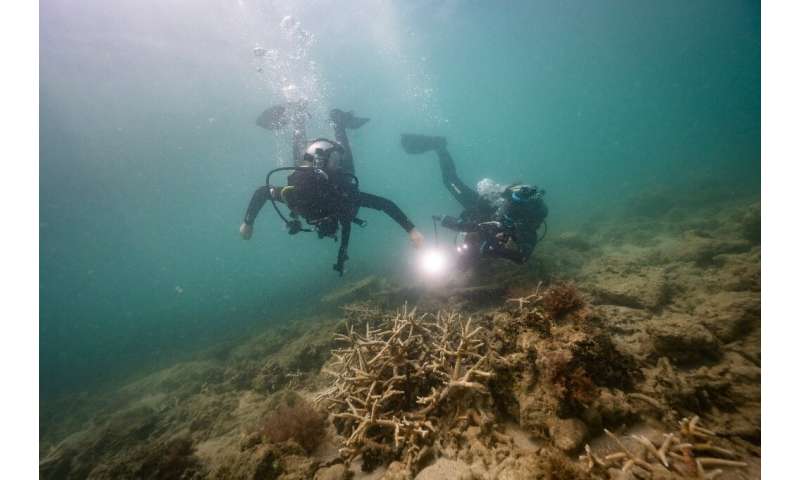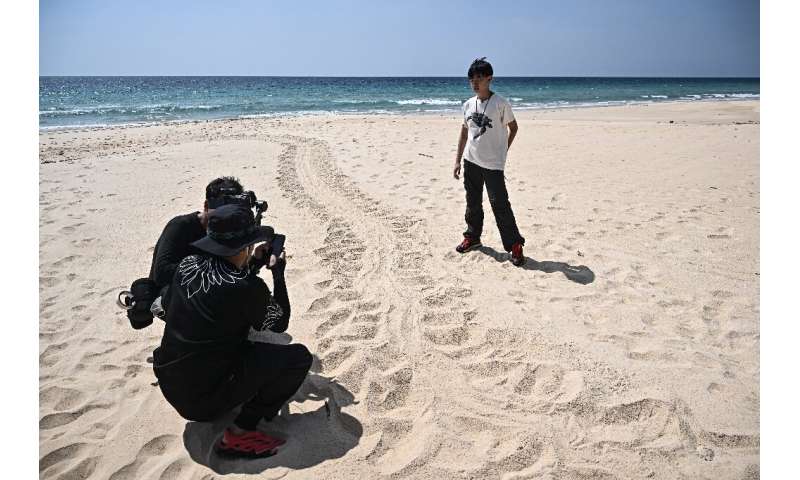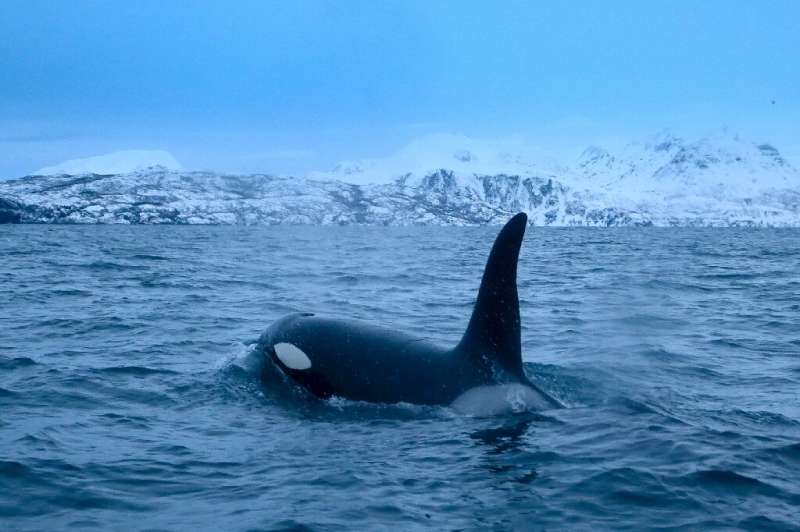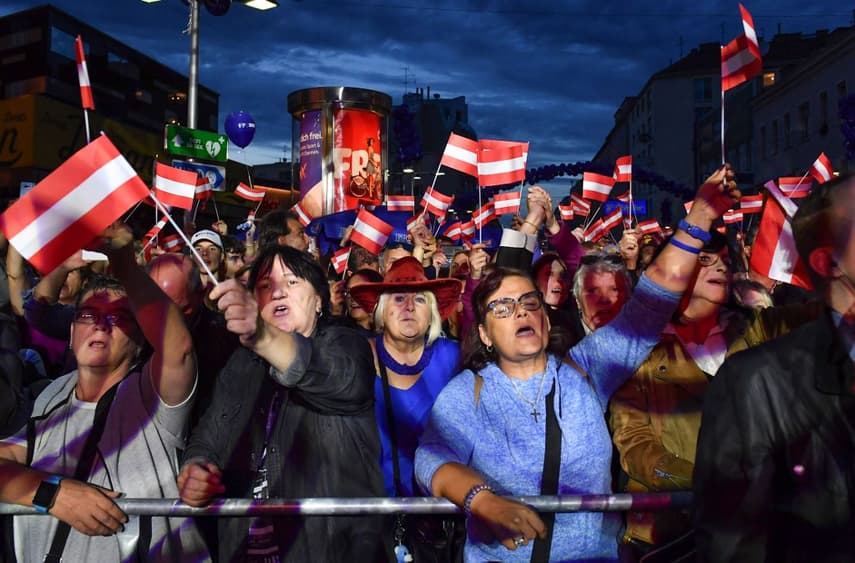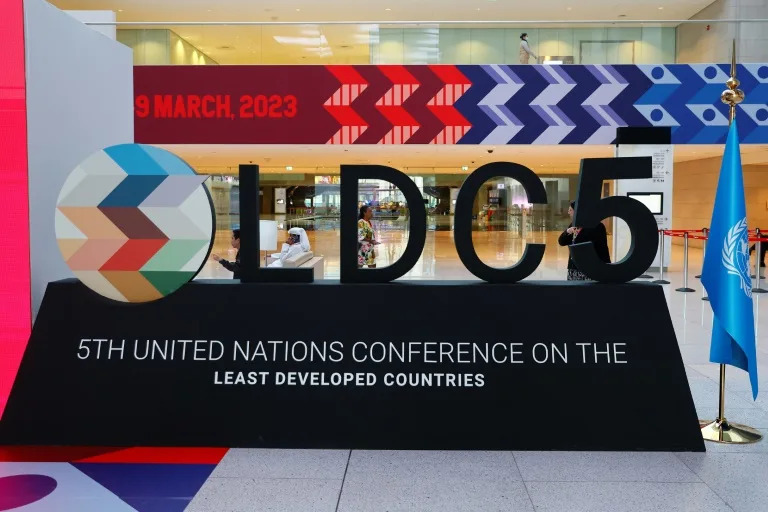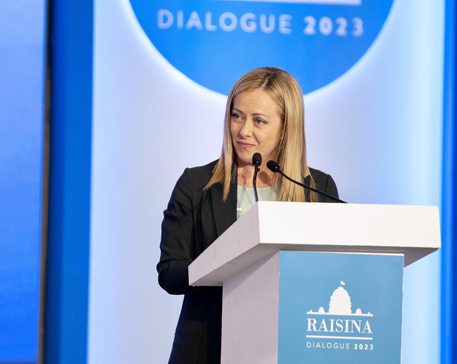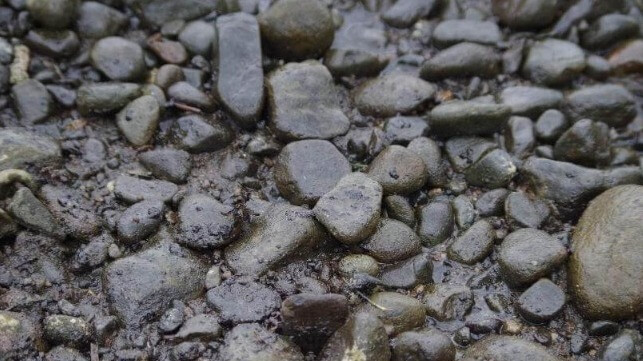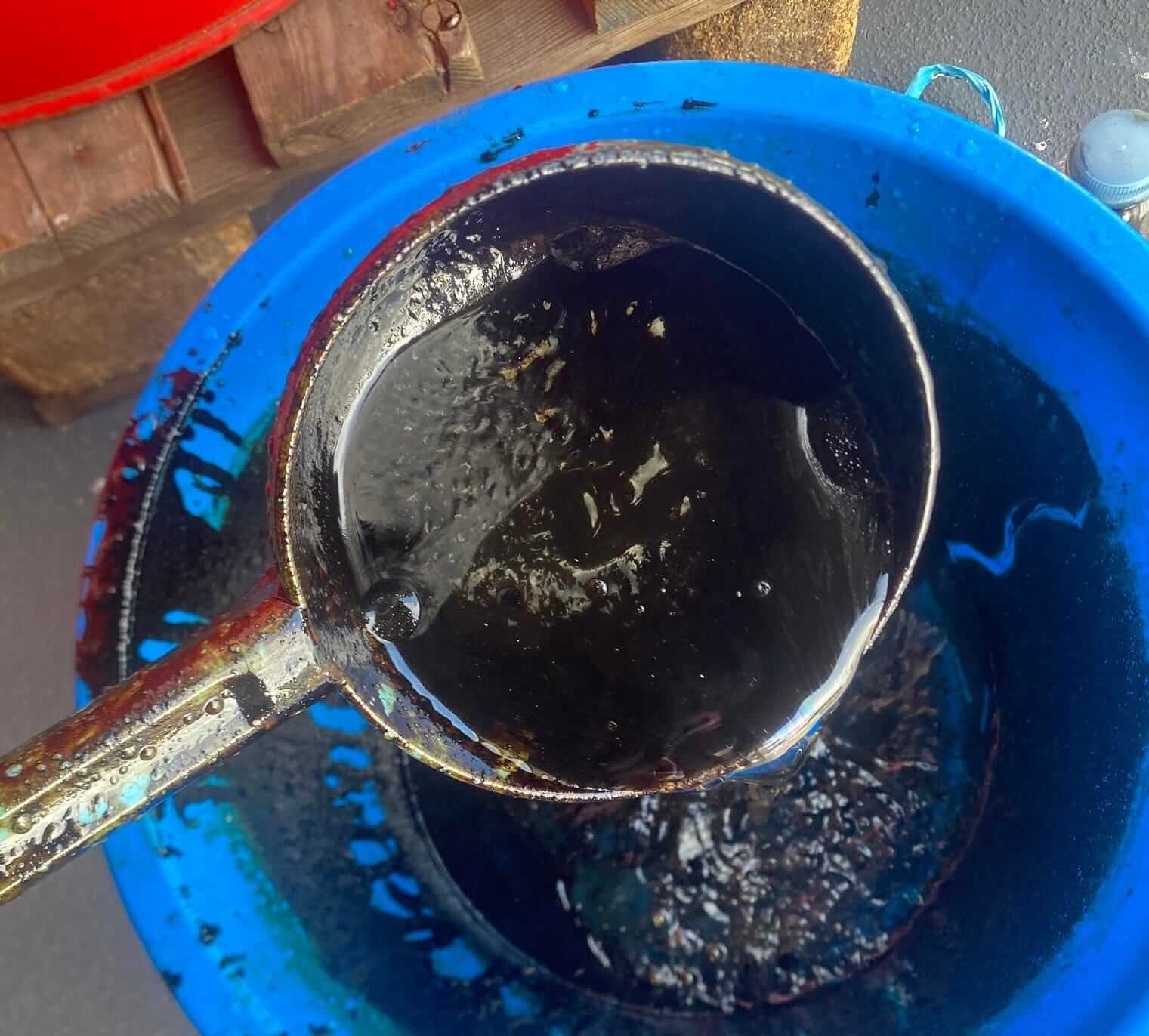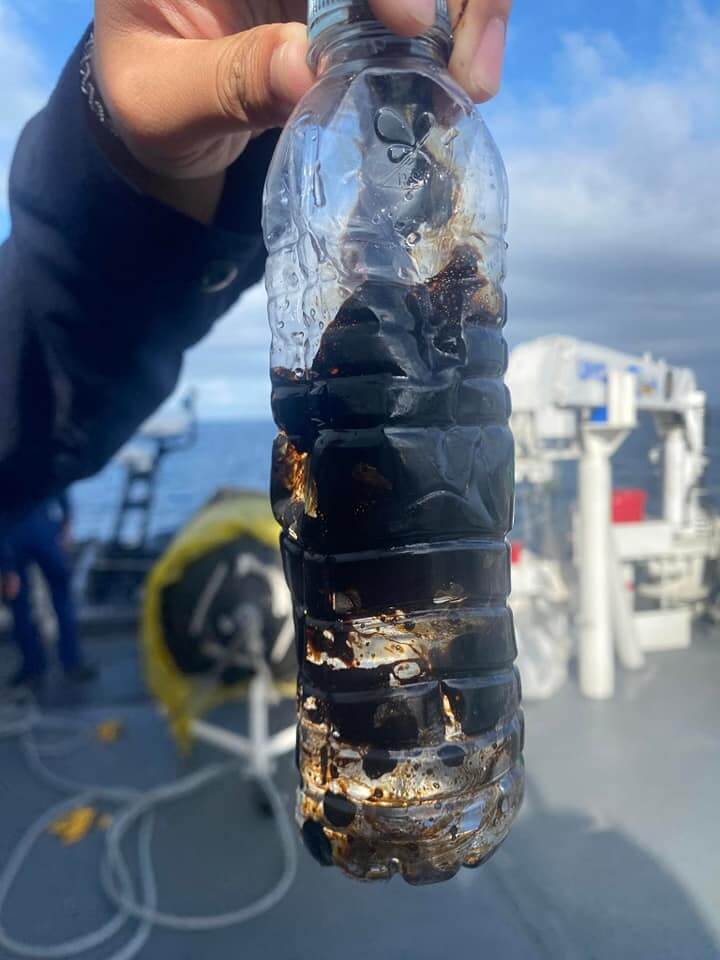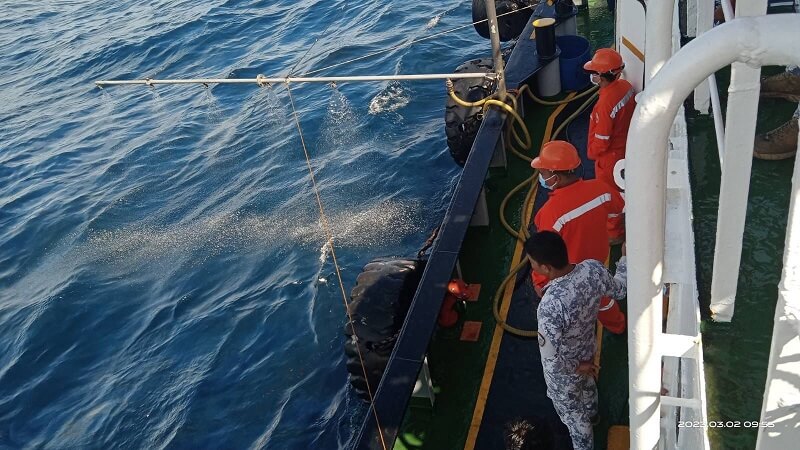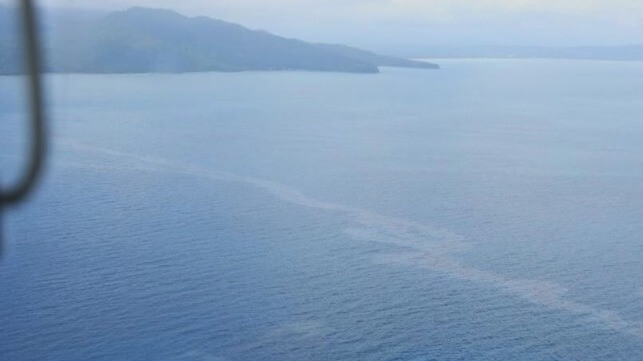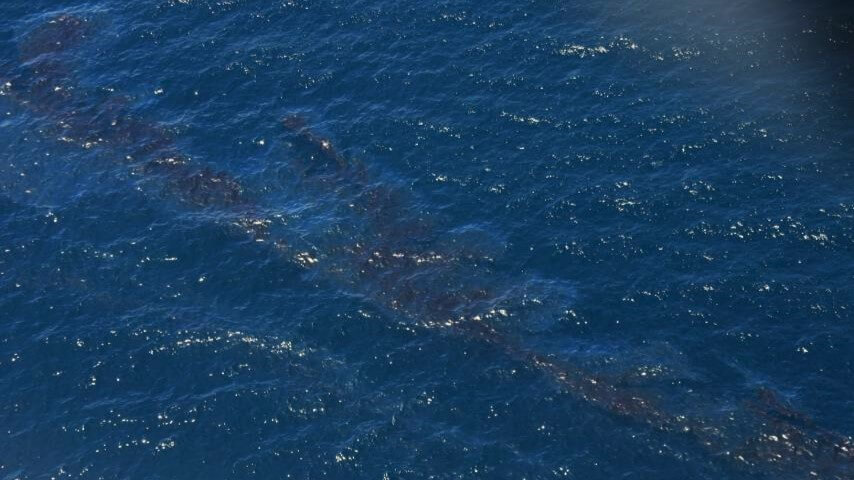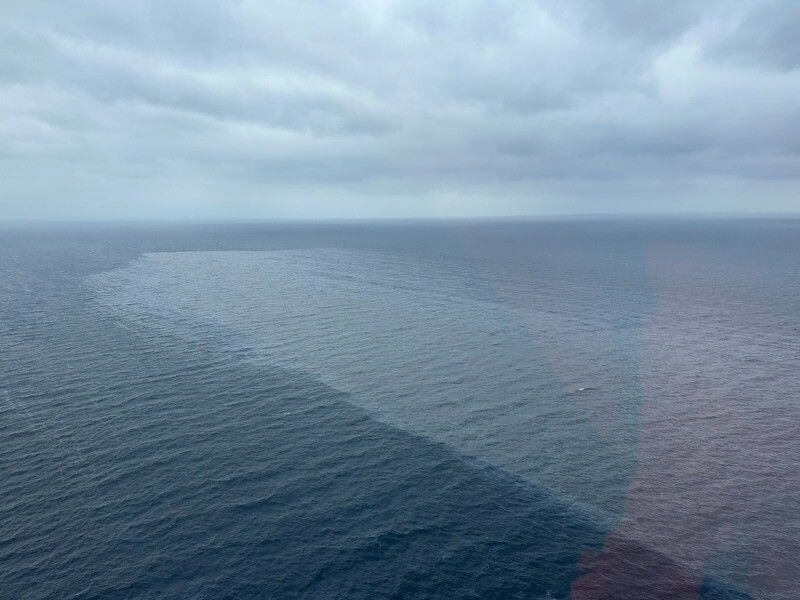
Sabine Oelze
4 hours ago4 hours ago
https://p.dw.com/p/4OAi7
Mary Bauermeister died on March 2 at the age of 88, as confirmed by her son Simon Stockhausen to German press agency dpa.
She was considered the "mother of the Fluxus movement," which broke with tradition, using Dadaist means to, bring everyday life into art. Yet, for Bauermeister, who was born on September 7, 1934 in Frankfurt, this categorization did not make sense.
"Fluxus didn't even exist at the end of the 1950s," she said in an interview in 2018. The term was not in circulation until 1963, when Fluxus festivals were being held in Düsseldorf and other cities across Germany. By then, Bauermeister had already become a star in the US.
Before that she spent time in Cologne where she moved to at the age of 22 after studying art in Ulm and Saarbrücken.
The city with the famous cathedral had been cleared of rubble and was in the midst of the "economic miracle."
Women had been given equal rights by law.
Bauermeister's studio turns into a meeting place for artists
A trailblazer who disregarded norms, the young woman declared nature to be the material for her art, breaking with all prevailing genre boundaries.
In her famous "lens boxes," dome-shaped pieces of glass, magnifying lenses and prisms merged together to form optically-distorted images and words that appeared to be magical structures.

Bauermeister soon became involved with the New Music scene in the Rhineland. Her attic apartment in the heart of the historical part of Cologne also served as her studio, and developed into a meeting place for the international art and music avant-garde. Composers such as John Cage, David Tudor and La Monte Young gave their first concerts there at Bauermeister's invitation.
Cologne — a magnet for the international avant-garde
The public West German broadcaster WDR, with its radio station and renowned studio for electronic music, was a magnet for musicians from all over the world.
The International Society for New Music (IGNM) hosted a festival in the city. In the evenings, after various WDR events, an international audience and artists from all over Europe and the US would gather in Bauermeister's studio, where a "counter-festival" would be held, featuring many artists who had been rejected by the official IGNM jury.
Between March 1960 and October 1961, legendary exhibitions also took place in Bauermeister's apartment in addition to concerts. Fluxus stars such as Wolf Vostell, Nam June Paik and Christo performed and/or exhibited their works in the "Bauermeister Studio." The "Light Ballet" by Zero artist Otto Piene premiered with Bauermeister's support. Her studio was a hub of creativity and free thought.

"All the greats slept on my mattresses — John Cage, Christo, writer Hans G. Helms, pianist David Tudor and Korean composer Nam June Paik, who is regarded as the inventor of video art," Bauermeister, who was active through her old age, recalled in an interview. What she shared with her companions was a zest for improvisation.
She said her perspective on life had been formed in reaction to Germany's National Socialist past: "People murdering Jews during the day while listening to Beethoven in the evening made us suspicious. So, we loved everything that was radical and broke with the past," she said.
Baumeister not only played host in a male-dominated avant-garde movement, but also continually developed her own installations made of mirrors, sculptures made of fluorescent tubes or "writing pictures." She created spirals of polished pebbles, which made her famous in the US in the 60s. She also experimented with patched sheets that she mounted on light boxes. Ciphers, signs and text fragments from science, philosophy and mathematics, music and art formed the basis for her drawings, collages and objects
Marriage with Karlheinz Stockhausen
During a composition course in Darmstadt, Bauermeister met the composer Karlheinz Stockhausen. In 1962, they displayed their works together in Amsterdam — it was Bauermeister's first museum exhibition. A year later, she moved to New York, where her prisms and lens boxes sold at top prices in galleries. A closer look at her glass spheres reveals notes by John Cage or her own autobiographical texts.
Bauermeister married Karlheinz Stockhausen in 1967. Before that, the two lived for several years under one roof with Stockhausen's first wife Doris in a menage-a-trois. Bauermeister had two of her four children with Stockhausen.

She later wrote a book entitled "Ich hänge im Triolengitter: Mein Leben mit Karlheinz Stockhausen" (Hanging in a Triplet Grid: My Life with Karlheinz Stockhausen) about this time. It was published in 2011.
While the Museum of Modern Art in New York exhibited Baumeister's works in the 1990s, Germany was for a long time more hesitant. She was only rediscovered in her home country a few years ago. Now, her works are exhibited in German museums.
Baumeister continued to work in her house near Cologne, creating geometric shapes in the form of snails and pyramids from stones that had been smoothed by the sea. She also created pictures made of delicately arranged bits of straw, painted over with phosphorus paint, a technique she had begun to employ back in 1958. In her house in Forsbach, she regularly held Sunday matinees in which she talked to interested people about her eventful life.
This article was originally written in German.


